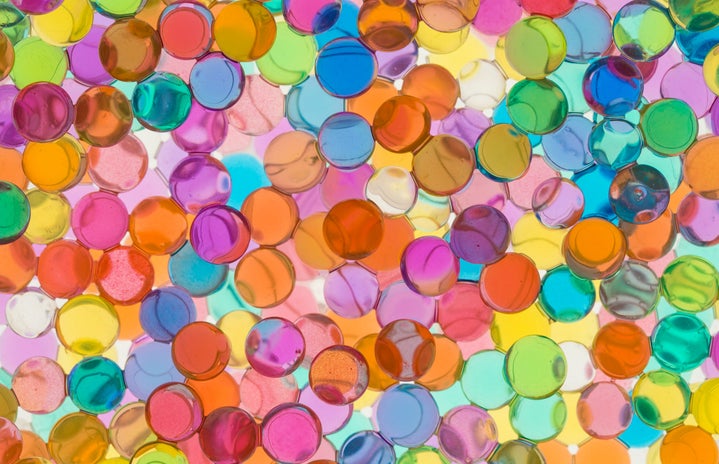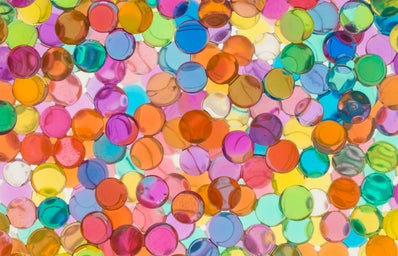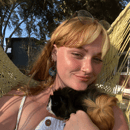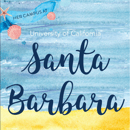At one time or another, we have all stood mouth open, and awe struck at the mystery of alternative medicine and the magic it seems to procure among the sick. In her documentary Heal, actress turned director and screenwriter, Kelly Noonan, explores these wonders through an in depth analysis of various methods of alternative healing from ancient practices and energy rituals including Ayurvedic medicine, and reiki tapping, to methods dependent on modern technology such as emerging sound-based treatments coined by the self proclaimed expert known as “Neuroacoustic Wizard”.
In addition to the investigation of a myriad of treatments, in order to provide information that goes beyond the technical, Kelly incorporated a number of personal testimonials attesting to the success of such medicine. Despite having multiple stories told in throughout the film, Kelly chooses to focus the majority of the documentary around the healing journey of a single woman who has been cured of stage four cancer by way of Dianne Porchia (MD; DMBM), a health and wellness coach based inn Topanga whose expertise is known to be Mind-Body Medicine. Through these testimonials, and this central story of healing, Kelly weaves a strong narrative that begins in sickness and ends in health, and even prosperity.
As one might expect when discussing alternative medicine, the presence of critics is inevitable. Heal however, chooses not to focus on those who doubt and even strike down alternative medicine, and instead emphasize the evidence and merit that exists amongst the most internationally-renowned and advanced scientist and healers from all corners of the world. Kelly builds the stem of alternative healing by including a number of featured experts in the healing arts including organic chemist and author, David R. Hamilton (PhD), Founder of Agape International Spiritual Center and author Michael Bernard Beckwith, stem cell biologist, Bruce Lipton(PhD), and world renowned speaker and author, Deepak Chopra, among a plethora of others. Kelly Noonan herself has a PhD and has researched over 1,500 cases of what she has coined as “Radical Remissions” from cancer as a result of alternative medicine. In her research she has isolated 9 consistent factors that have been present within the processes of these remissions. Needless to say front the presence of such experts in this film, Heal does not need to focus time on proving skeptics wrong as the credentials are already present.
The main message that overarches the documentary is the idea that illness is a result of the ignorance towards alternative healing in modern medicine and is often self inflicted due to stress culture that has built in society over time. While these claims may or may not be true, through the presentation of research, Heal does make an important point about the power of positivity. It is generally accepted among all medical practitioners that the body is in fact affected by one’s mental state. By this logic it would make sense that our positive emotions affect our bodies in a positive manner. Much of this has to do with our mind set. However, living in the work culture of the modern day, this mind set is often difficult to attain due to stress, lack of time, anxiety, jobs, and countless other factors, therefore being written off. Heal makes the point that regardless of our medical condition, healthy or ill, it is important to take time to care for our minds and recognize and address our emotions. Whether this means visiting a mind-body medicine professional, or simply setting aside 10 minutes a day to meditate, self care is one of the most important things one can do for themselves. So, the next time you notice yourself feeling under the weather, and your stress levels rising, ask yourself, what can I do to help my mental health today?
Credits:
Production company: Elevate Entertainment
Distributor: Paladin Pictures
Director-screenwriter: Kelly Noonan
Producers: Richell Morrissey, Adam Schomer
Executive producer: Kelly Noonan
Director of photography: Christopher Gallo
Editor: Tina Mascara
Composer: Michael Mollura
106 minutes



